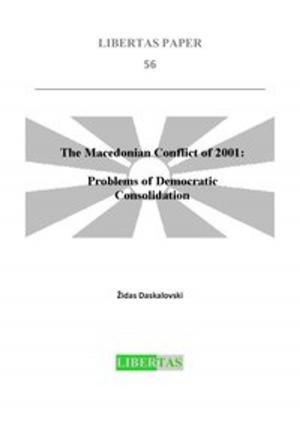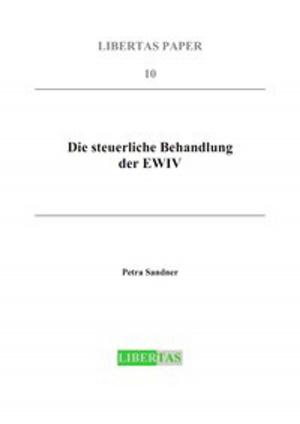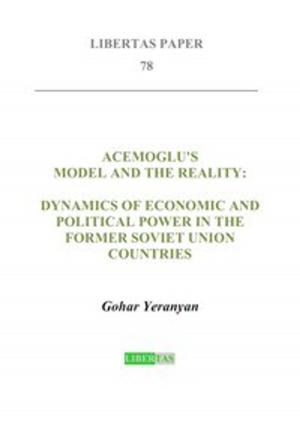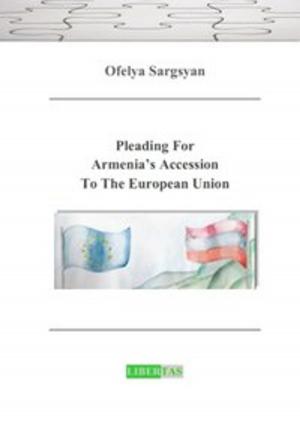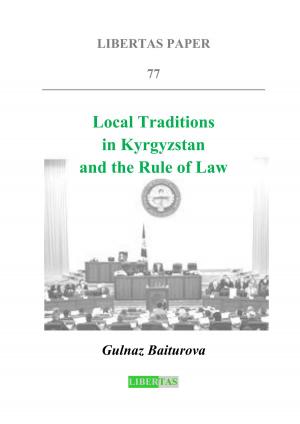Landlocked States
Economic and Transit Problems, International Law and the Case of Armenia
Business & Finance| Author: | Anna S. Gevorgyan | ISBN: | 9783946119111 |
| Publisher: | Libertas | Publication: | January 8, 2013 |
| Imprint: | Libertas | Language: | English |
| Author: | Anna S. Gevorgyan |
| ISBN: | 9783946119111 |
| Publisher: | Libertas |
| Publication: | January 8, 2013 |
| Imprint: | Libertas |
| Language: | English |
Not all countries are blessed with the advantage of having access to sea. These countries constitute a singular sub grouping called landlocked states. Geographical factor is the main drawback in the development process and trade competitiveness of these countries. Landlocked countries are the ones not having any seacoast as opposed to other geographically disadvantaged states. They are also among the most underperforming countries in the world measured by various economic dimensions. There is empirical evidence that landlockedness puts repercussions on the socio-economic development of these countries; about 15% of the states of the world are developing landlocked states. Thus, this essay sets out to examine the desperate plight of landlocked states caused by a geographic handicap. It has to be taken into account that being landlocked means to have limited and more costly access to the world market. Furthermore, the plight of a landlocked state is very much dependent on the location and it is hardly surprising that there is no single high-income landlocked country outside of Europe. Additionally, the Republic of Armenia, being a landlocked state, not only can’t avoid the susceptibility and obstacles brought by the absence of access to sea, but also suffers more than other landlocked countries due to the lack of natural resources and border blockages. So, in this regard and as an example for other states, this issue is a significant one for Armenia that demands special study. The conclusions the author compiles are worth to be considered.
Not all countries are blessed with the advantage of having access to sea. These countries constitute a singular sub grouping called landlocked states. Geographical factor is the main drawback in the development process and trade competitiveness of these countries. Landlocked countries are the ones not having any seacoast as opposed to other geographically disadvantaged states. They are also among the most underperforming countries in the world measured by various economic dimensions. There is empirical evidence that landlockedness puts repercussions on the socio-economic development of these countries; about 15% of the states of the world are developing landlocked states. Thus, this essay sets out to examine the desperate plight of landlocked states caused by a geographic handicap. It has to be taken into account that being landlocked means to have limited and more costly access to the world market. Furthermore, the plight of a landlocked state is very much dependent on the location and it is hardly surprising that there is no single high-income landlocked country outside of Europe. Additionally, the Republic of Armenia, being a landlocked state, not only can’t avoid the susceptibility and obstacles brought by the absence of access to sea, but also suffers more than other landlocked countries due to the lack of natural resources and border blockages. So, in this regard and as an example for other states, this issue is a significant one for Armenia that demands special study. The conclusions the author compiles are worth to be considered.

